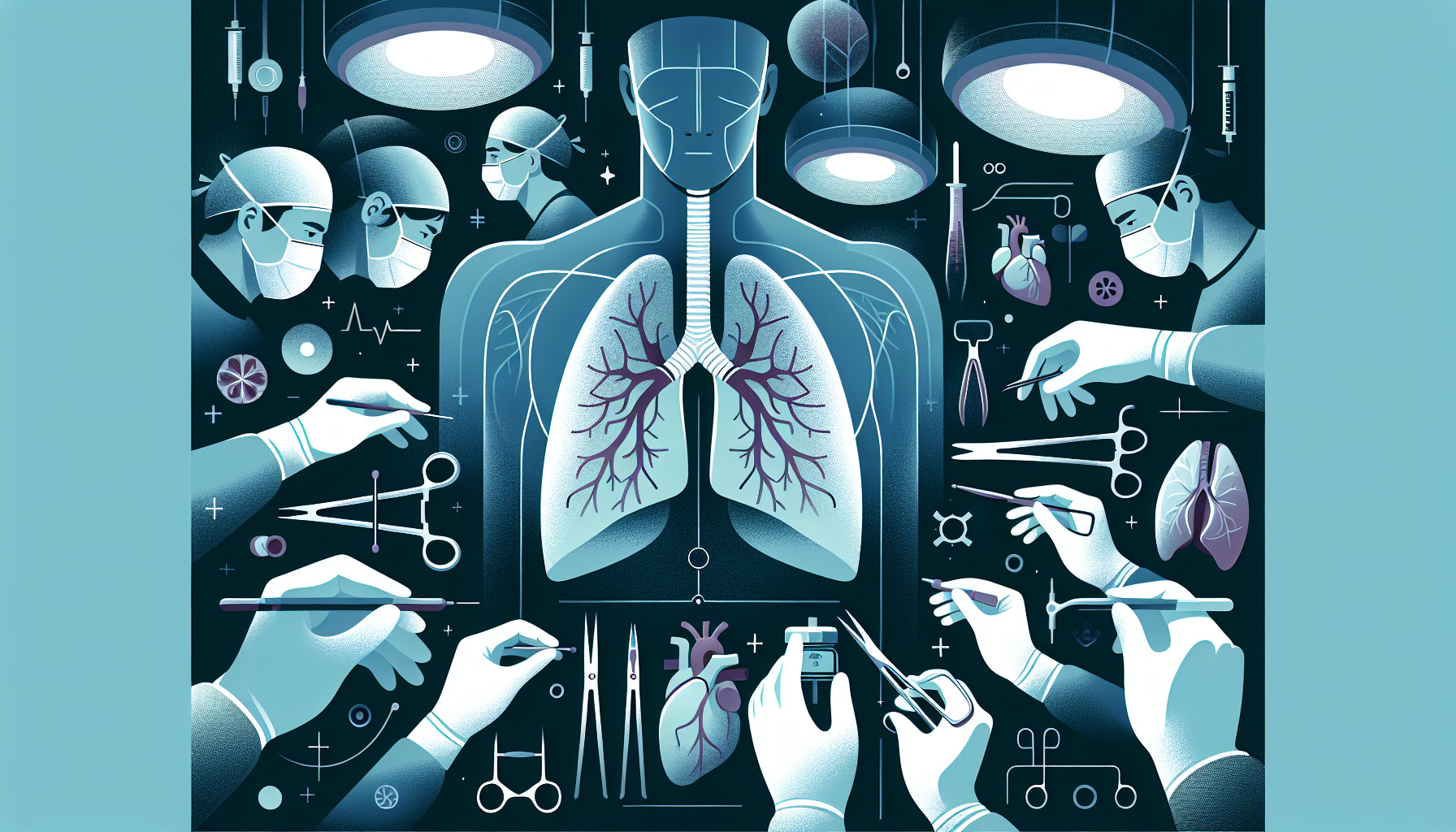Our Summary
This study aimed to understand how people return to work or other productive activities after having a lung transplant. The researchers surveyed 100 people who had survived lung transplants. They found that before the surgery, 55% were working or involved in some other active occupation. After the operation, 44.2% of those who hadn’t retired before the transplant were engaged in paid work.
Those who found paid work after their transplant were more likely to have finished high school or formerly worked as managers. The study suggests that occupational therapists - professionals who help people regain the ability to do daily activities after an injury or surgery - should play a significant role in helping patients set goals before and after their transplant. This could help people maintain their skills, confidence and social networks, and support them in returning to work. The research also emphasized that encouragement from doctors is a crucial factor in people returning to work after a transplant.
FAQs
- What was the purpose of the study about lung transplants?
- What factors were found to influence a person’s likelihood of returning to work after a lung transplant?
- How can occupational therapists assist patients after a lung transplant in returning to their regular activities or work?
Doctor’s Tip
One helpful tip a doctor might give a patient about lung transplant is to work closely with an occupational therapist to set goals and maintain skills, confidence, and social networks before and after the surgery. Additionally, receiving encouragement and support from healthcare providers can play a significant role in successfully returning to work or other productive activities post-transplant.
Suitable For
Patients who are typically recommended for a lung transplant are those with end-stage lung disease, such as chronic obstructive pulmonary disease (COPD), idiopathic pulmonary fibrosis, cystic fibrosis, and pulmonary hypertension. These patients have severe symptoms and impaired lung function despite optimal medical management, and a lung transplant may be the only option to improve their quality of life and survival. Additionally, patients must pass a series of medical, psychological, and social evaluations to determine if they are suitable candidates for a transplant.
Timeline
Before the lung transplant:
- Patient experiences worsening lung function, difficulty breathing, and decreased quality of life
- Patient undergoes extensive evaluation and testing to determine if they are a suitable candidate for a lung transplant
- Patient is placed on a waiting list for a donor organ
- Patient may experience anxiety, fear, and uncertainty about the surgery and recovery process
After the lung transplant:
- Patient undergoes the surgery, which typically lasts several hours
- Patient is closely monitored in the intensive care unit for several days post-surgery
- Patient begins a rigorous rehabilitation program to regain strength and lung function
- Patient must take immunosuppressant medications for the rest of their life to prevent rejection of the new lung
- Patient experiences improvements in breathing, energy levels, and overall quality of life
- Patient may face complications such as infection, rejection, or side effects from medications
- Patient gradually returns to normal activities, including work or other productive activities
- Patient requires regular follow-up appointments with their medical team to monitor their lung function and overall health
Overall, the process of lung transplant can be physically and emotionally challenging, but can also lead to significant improvements in quality of life for the patient. With proper support and rehabilitation, many patients are able to return to work or other productive activities after their transplant.
What to Ask Your Doctor
Some questions a patient should ask their doctor about lung transplant may include:
- What is the success rate of lung transplants at this hospital?
- What are the risks and potential complications of a lung transplant?
- How long is the recovery process, and what can I expect during this time?
- What factors determine if I am a suitable candidate for a lung transplant?
- How will I be monitored and cared for after the transplant surgery?
- What medications will I need to take after the transplant, and what are the potential side effects?
- What lifestyle changes will I need to make after the transplant to ensure a successful outcome?
- How soon can I expect to return to work or other activities after the transplant?
- Are there any support services or resources available to help me with the transition back to daily activities?
- How often will I need to follow up with my transplant team after the surgery?
Reference
Authors: Cumming K, O’Brien L, Harris J. Journal: Aust Occup Ther J. 2016 Oct;63(5):347-351. doi: 10.1111/1440-1630.12315. Epub 2016 Jul 19. PMID: 27435831
